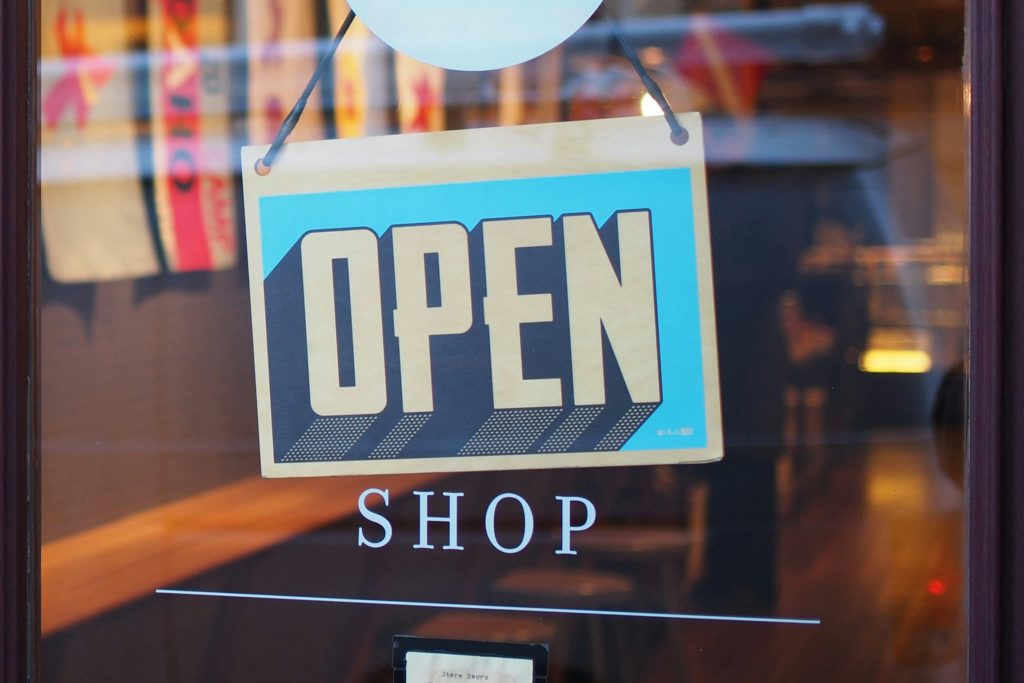Artists’ Talk: Ravista Mehra and Divya Sharma
Tuesday 28 May, 6 – 7:30pm
Keynes Library, Birkbeck, 43 Gordon Square, WC1H 0PD
Join the two exhibited artists of Paper Cuts, Ravista Mehra and Divya Sharma. They will discuss their work to date, artistic education, and the ideas that permeate their creative practices.
Book via Peltz Gallery here.
Expert Panel: Curating Colonialism and Silenced Histories
Tuesday 11 June, 6 – 7:30pm
Online via Zoom. Book via Peltz Gallery here.
Join an expert panel from the cultural sector as they discuss the challenges and opportunities of curating colonialism and silenced histories. Supported by the British Art Network.
Cursed Objects in Museum Shops Summer Symposium
Summer Symposium: Cursed Objects in Museum Shops
Wednesday 3rd July 2024, Birkbeck, University of London, UK.
An interdisciplinary conference organised by the Centre for Museum Cultures at Birkbeck, University of London.

This symposium explores museums through the objects sold within them. Since the development of museums as public attractions in the 18th century, they have provided some form of merchandise (Larkin, 2016). In recent years, financial instability and the revenue-generating possibilities of shops have made them increasingly important to how museums operate. They are, however, under-researched in academia.
The objects sold in museum shops can show us much about the intersection of museums, visitors’ appetites and expectations, and the power of brands. Some, such as a Van Gogh ‘ear-aser’ or Francis Bacon cushions might be classed as ‘kitsch’ and push the acceptable boundaries of taste (Monica Kjellman-Chapin, 2020). Others, like Christmas tree decorations of Winston Churchill, point to the intersections of ‘big P and small p’ politics. So too, can the objects sold in museums, heritage sites and ‘experiences’, like a Monet sleeping mask, highlight a homogeneity in art and design as a result of expired Copyright laws. These objects, far from being benign, can define and limit the imaginative possibilities afforded by museums as viscerally as the objects on display in exhibitions.
Drawing inspiration from, and held in conjunction with, the Cursed Objects podcast this symposium aims to explore the meanings of objects sold in museum shops. This includes a broad definition of shops in museums, for example, online or physical gift shops, cafes, and kiosks. The term ‘cursed’ is used here to nod to the popular usage of the term on the internet that relates to images or things that are uncanny, complex, visceral and visually unpleasant. Rather than dismiss the items sold in museum shops as mass-produced and, therefore, less significant than museum collections, this symposium asks how material culture and ephemera can historically and in the present be used as a means to better understand museums and the cultures they exist within.
Important questions that will be raised at this symposium include: How do (or don’t) the objects within museum shops relate to museum exhibitions? Can objects in museum shops be termed ‘material culture’? Why are some forms of merchandise found in museums that are unrelated to the institution’s primary remit? What can the objects in museum shops tell us about late capitalism? How do museum shops shape tastes in consumption historically and in the present? Who are museum shops for? Do museum-branded pencils, highlighter pens and rulers have ‘agency’?
The symposium is open to the public and all are welcome to attend. Attendance is free, but registration is necessary as places are limited. Please register as soon as possible so that we can have a better idea of attendee numbers: https://cis.bbk.ac.uk/apex/a01u/f?p=832:110:29171667451179 .
For any inquiries please contact: museumculturesconference@gmail.com .
Photo by Mike Petrucci on Unsplash